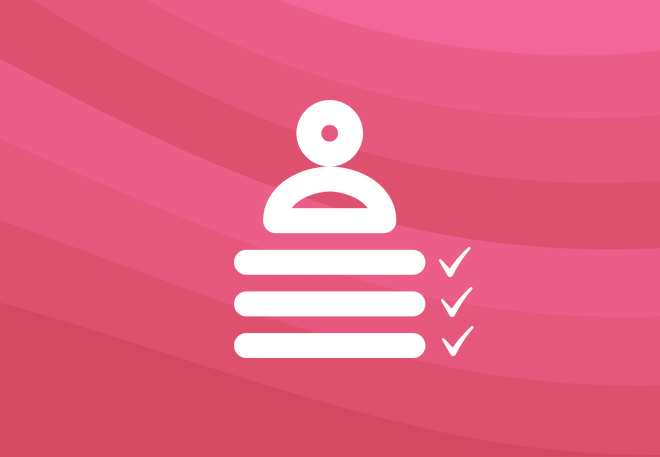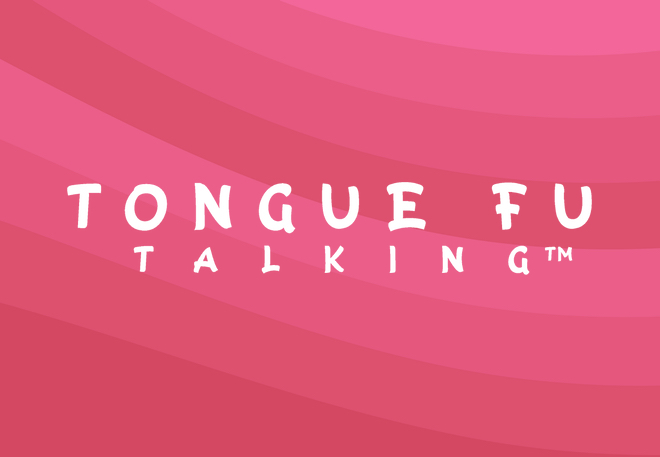

Introduction
Curriculum-based debates are a powerful classroom talk strategy, as they require both deep thinking and articulate expression. Within Tongue Fu Talking™, Chris Quigley's Oracy Framework, debates are built around two modes of talk:
Explorer Mode: Talk for reasoning, discovery, and collaborative thinking.
Presenter Mode: Talk for structured, confident communication with an audience.
These modes ensure that debates are not about winning arguments but about learning through talk, linking oracy directly to disciplinary knowledge and metacognitive strategies.
In our Complete Guide to Oracy, we explain why oracy underpins every subject, and in Oracy is not a subject, but every subject requires it, we explore why a structured oracy framework is required to develop disciplinary knowledge in every curriculum subject. Here, we show how our 480 curriculum-based debates across our four belt levels build both oracy and subject understanding. To see examples of these debates click here and navigate to the Free Samples section.
Why Debates Build Oracy
Generic debates—such as “Should mobile phones be banned in schools?”—may be engaging and evoke strong feelings, but they are often ad hoc and contribute little to pupils’ understanding of curriculum content. They also fail to provide the sustained practice in reasoning and presenting required to make a lasting impact. In contrast, curriculum debates are structured, purposeful, and rooted in subject knowledge, giving pupils repeated opportunities to think deeply and communicate effectively.
In contrast, Curriculum Debates require pupils to:
- Use precise language: selecting vocabulary, tone, and sentence structure (The Flow).
- Engage critically: weighing evidence and counterarguments (The Mind).
- Present with confidence: using voice, posture, and projection (The Stance).
- Collaborate respectfully: listening and responding constructively (The Bond).
Unlike informal talk, curriculum debates focus on thinking like subject experts, reinforcing both knowledge and communication skills.
Explorer Mode: Talking to Think
In Tongue Fu Talking, Explorer Mode helps pupils test ideas and build understanding before (or instead of) presenting. It emphasises reasoning, questioning, and connecting prior knowledge.
Example (Green Belt – Science):
Debate Question: “Is sound a force?”
Team A: “Sound can move things, like shaking windows, so it might be a force.”
Team B: “But sound is a vibration, not a push or pull, so I don’t think it is.”
Through Explorer Mode, pupils learn to evaluate their own reasoning and consider alternative viewpoints before moving to structured delivery.
Presenter Mode: Talking to Communicate
In Tongue Fu Talking, Presenter Mode requires pupils to communicate their ideas clearly, following the debate structure for their belt level. It draws on The Stance and The Flow, ensuring pupils use confident body language and academic language.
Example (Brown Belt – History):
Debate Question: “Was the Industrial Revolution a positive change?”
Opening Statement: “The Industrial Revolution improved lives by creating jobs and new technologies.”
Evidence: “It led to innovations like the steam engine and new transport networks.”
Counterargument: “However, factory conditions were dangerous and child labour was common.”
Rebuttal: “Although conditions were tough, reforms improved them and technology advanced society.”
What Makes Curriculum Debates Unique?
Generic debates may encourage confidence, but they rarely build subject-specific knowledge. Curriculum-based debates:
- Reinforce disciplinary thinking (e.g., scientific reasoning, historical interpretation).
- Develop academic vocabulary linked to the topic.
- Embed oracy as a tool for learning, not an add-on.
Learning, Not Winning
In Tongue Fu Talking™ curriculum debates, we don’t ask “Who won?” Instead, we ask, “What did we learn?”
After each debate, pupils reflect on:
- Which arguments were supported by the strongest evidence.
- How Explorer Mode helped them refine ideas before presenting.
- How their oracy skills—tone, vocabulary, reasoning—improved.
Conclusion
Debates combine oracy, curriculum knowledge, and metacognition. By integrating Explorer Mode (thinking aloud) and Presenter Mode (clear communication), Tongue Fu Talking™ ensures that talk is purposeful and rooted in learning.
To explore how debates and other oracy practices build understanding from EYFS to KS3, see our Complete Guide to Oracy and our blog on Why Oracy Matters.
References
Alexander, R. (2017) Towards Dialogic Teaching. York: Dialogos.
Education Endowment Foundation (2018) Metacognition and Self-Regulated Learning.
Flavell, J.H. (1979) ‘Metacognition and Cognitive Monitoring’, American Psychologist, 34(10), pp. 906–911.
Mercer, N. & Littleton, K. (2007) Dialogue and the Development of Children’s Thinking. London: Routledge.
Willingham, D.T. (2009) Why Don’t Students Like School? San Francisco: Jossey-Bass.
Related articles




.png)

